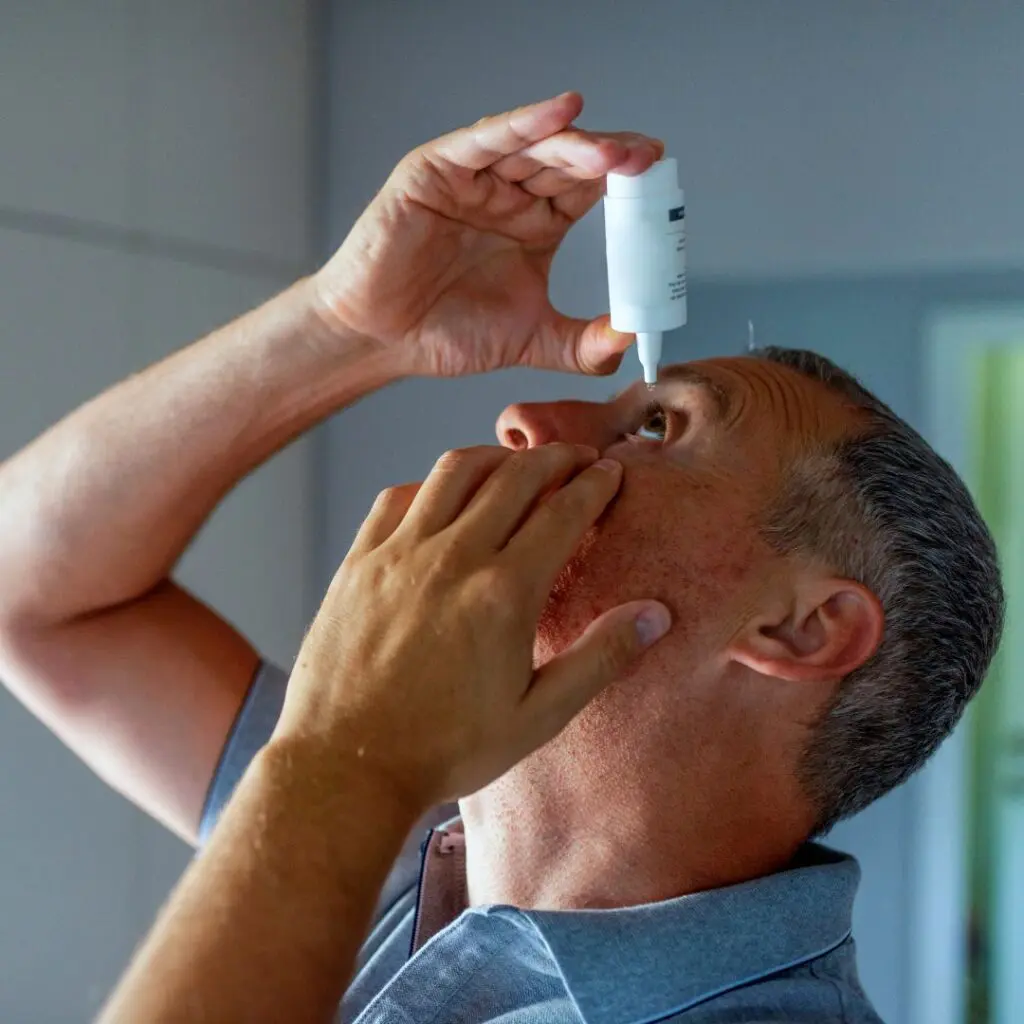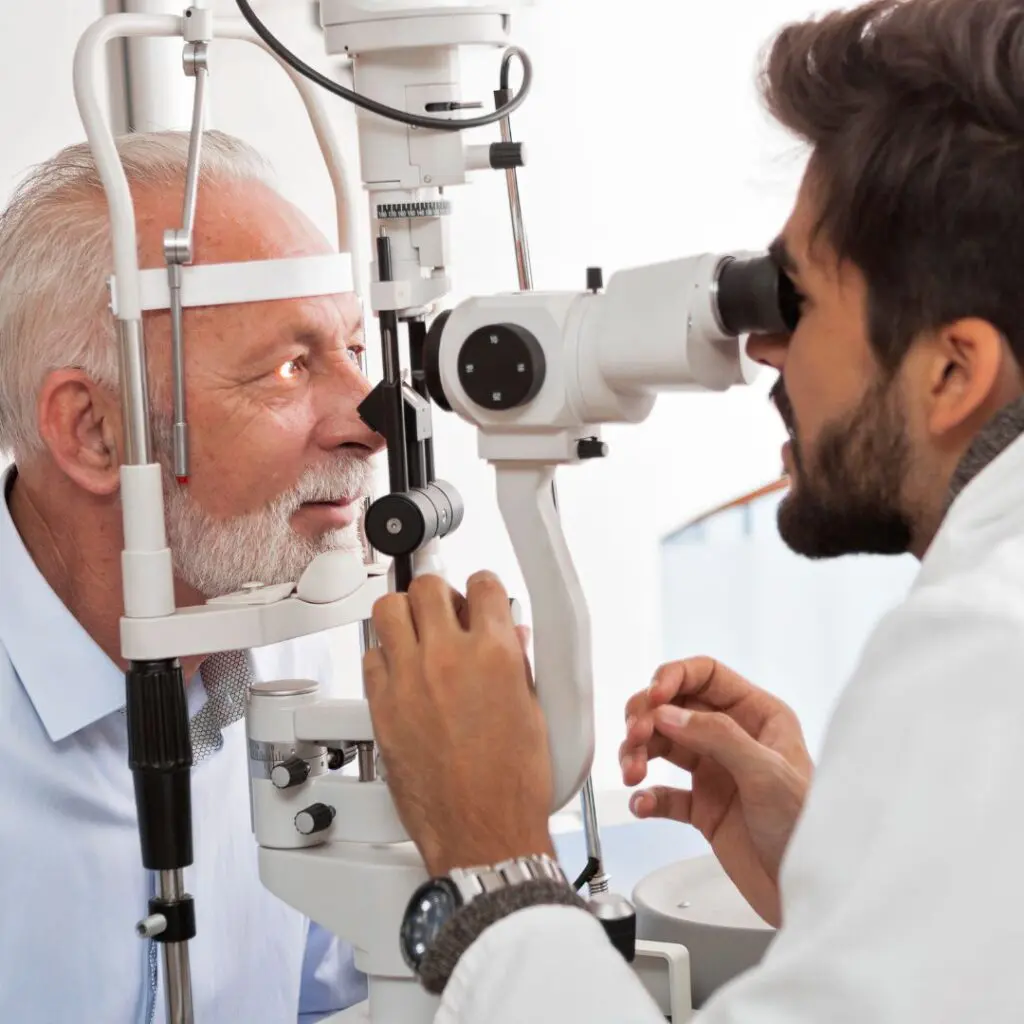- Persistently gritty
- Itchy
- Burning
- Pain
- Tired eyes
These dry eye symptoms worsen as the day goes on. Stringy mucus may appear in or around the eyes. Usually patients who have it are aware of their condition. Patients with the most severe disease are at increased risk of developing corneal infection, scarring or ulceration. These conditions can cause permanent vision loss, so it is important to seek professional help if you have severe symptoms.



